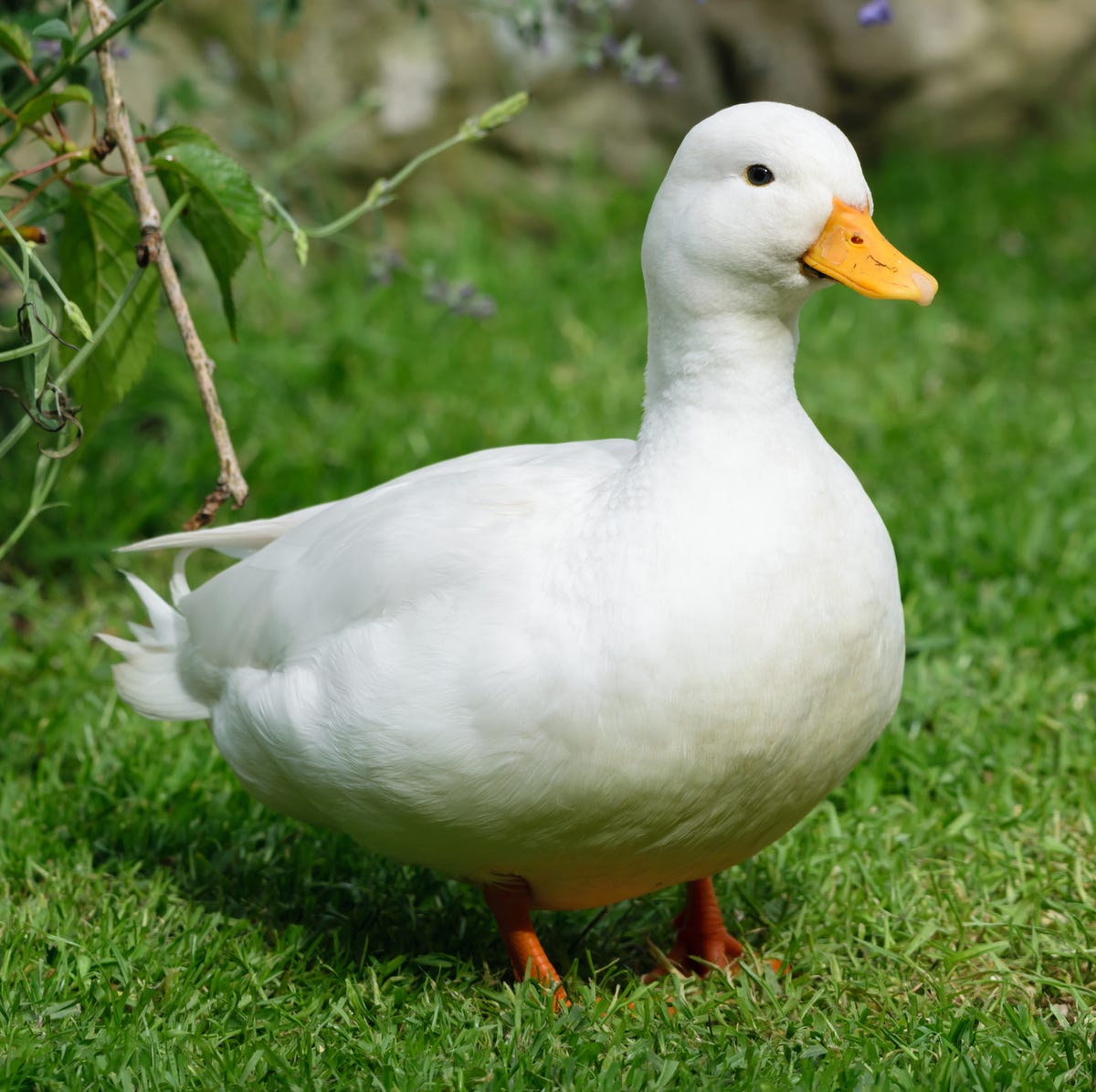Connecting Directly with Our World
Connecting Directly with Our World
By Megan Bauer
When was the last time you actually heard a bird sing? Actually stopped and listened to it?
What about the sound of the wind blowing through the trees?
What about the sound of one leaf blowing in the wind?
When was the last time you actually felt the softness of a cat or dog? Or actually felt a hug instead of thinking through the whole thing about how to do the hug without too much awkwardness?
When was the last time you actually tasted your food? Usually, we eat while we are doing any number of other things. Talking, working, driving, walking, thinking, watching TV. We put food in our mouths and swallow it. We don’t take time to actually taste it or notice its texture.
When was the last time you looked up at the stars or noticed how the sunlight reflects through the clouds?
When was the last time you noticed the subtle scents in the world? When was the last time you smelled the honeysuckle blooming at your neighbor’s house? Or at the grocery store, when was the last time you smelled the fresh flowers there, the fresh fruit, the coffee?
What about the last time you really looked at your partner or child or your friend or your mother?
Most of the time, we aren’t looking at all. We do not see the world. We do not see each other.
How often do you look at your partner, child, mother, friend with fresh eyes and an open heart?
Instead, we recognize that this is mom, and she is doing that thing she always does that we hate. We notice that she is talking about that thing she always talks about. We tune her out because we think we already know what she will say. We don’t actually look into her eyes and see her, how she is in that moment. We just recall who we have always known her to be, look for confirmations of those things and leave it at that.
Sadly, we do not hear, feel, taste, touch or smell much of our world anymore.
So what do we do about that?
First, we remind ourselves to get present; to expand ourselves out through our senses into the world around us.
Chogyam Trungpa said in Shambhala Sacred Path of the Warrior:
Normally, we limit the meaning of perceptions. Food reminds us of eating, dirt reminds us to clean the house, snow reminds us that we have to clean off the car to get to work; a face reminds us of our love or hate. In other words, we fit what we see into a comfortable or familiar scheme. We shut any vastness or possibilities of deeper perception out of our hearts by fixating on our own interpretation of phenomena.
But it is possible to go beyond personal interpretation, to let the vastness into our hearts through the medium of perception. We always have a choice: we can limit our perception so that we close off vastness or we can allow vastness to touch us.
In Mary Oliver’s poem “Spring,” she seems to be talking too about this need to connect directly with our world through our senses.
Spring
Somewhere
a black bear
has just risen from sleep
and is staring
down the mountain.
All night
in the brisk and shallow restlessness
of early spring
I think of her,
her four black fists
flicking the gravel,
her tongue
like a red fire
touching the grass,
the cold water.
There is only one question:
how to love this world.
I think of her
rising
like a black and leafy ledge
to sharpen her claws against
the silence
of the trees.
Whatever else
my life is
with its poems
and its music
and its cities,
it is also this dazzling darkness
coming
down the mountain,
breathing and tasting;
all day I think of her –
her white teeth,
her wordlessness,
her perfect love.
~ Mary Oliver ~
Here, Mary Oliver is talking about our basic existence in this world. We are this bear. We breathe and taste and touch this world, and though we often forget this living our lives in the speed and chaos of our cities, it is still in us. The only question in this life, according to Mary Oliver is “How to love this world.” She looks at this bear and sees that the bear has mastered that question and has a perfect love through her connection to the phenomenal world. Her firey tongue tasting the cold water. Her black fists touching the earth moving down the mountain. This is her perfect love.
Another way that we can begin to reconnect with our world is through meditation. Through meditation, we begin to quiet our discursive minds, calming them, resting them, which in turn allows the world to break through. Meditation quiets that part of our mind that is constantly keeping the world out.
What I Have Learned So Far
Meditation is old and honorable, so why should I
not sit, every morning of my life, on the hillside,
looking into the shining world? Because, properly
attended to, delight, as well as havoc, is suggestion.
Can one be passionate about the just, the
ideal, the sublime, and the holy, and yet commit
to no labor in its cause? I don’t think so.
All summations have a beginning, all effect has a
story, all kindness begins with the sown seed.
Thought buds toward radiance. The gospel of
light is the crossroads of — indolence, or action.
Be ignited, or be gone.
~ Mary Oliver ~
When we are able to quiet our discursive mind and be present in our body and with our senses, we allow the world to touch us and open us.
We can begin to connect with the world in a basic human way that reminds us of our place. It reminds us that there is only one question: how to love this world; all of it without judgment without exception, the beauty and the hideous.



